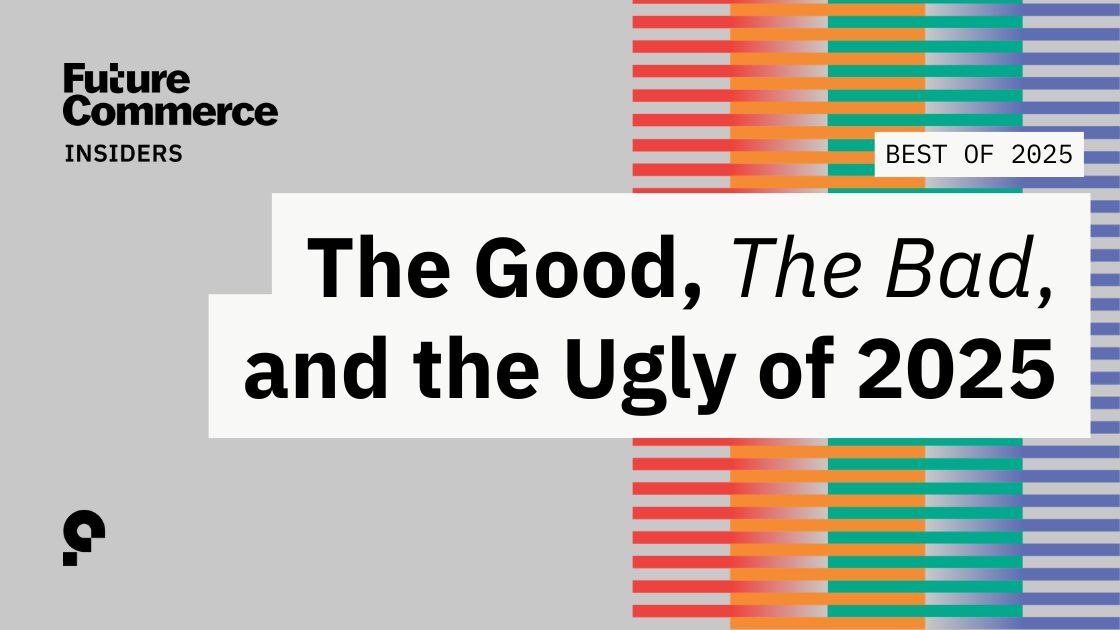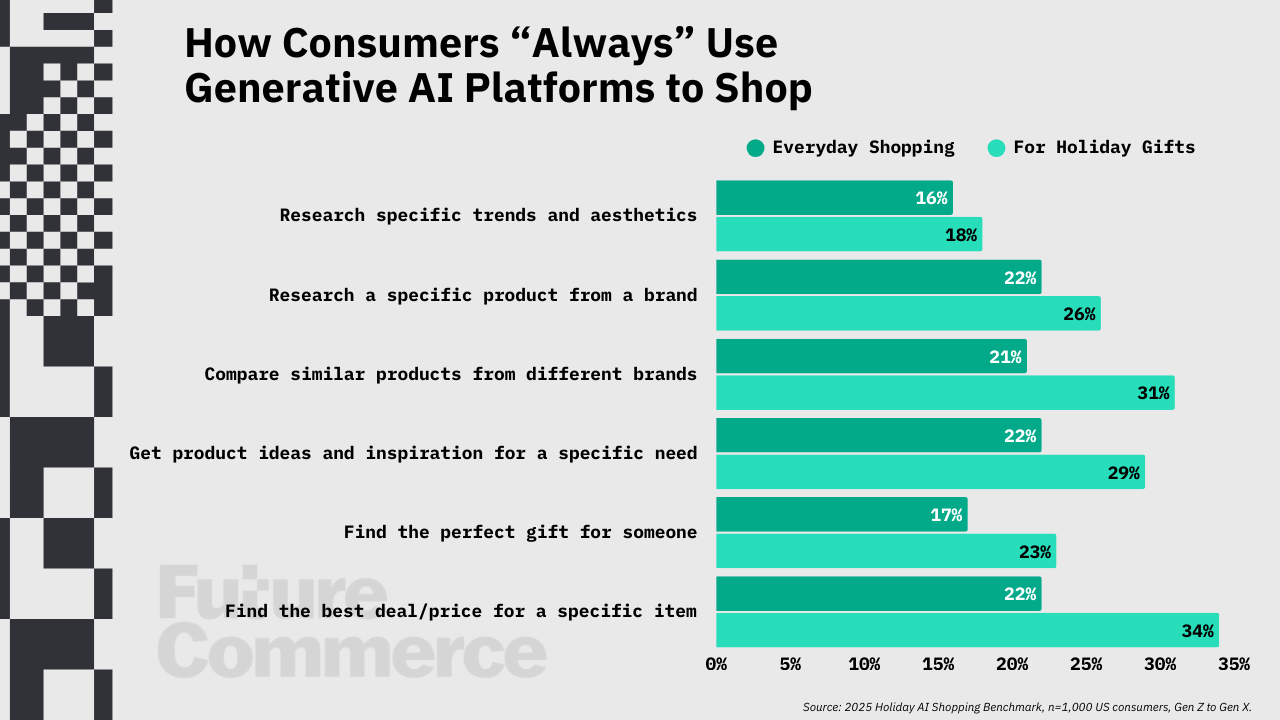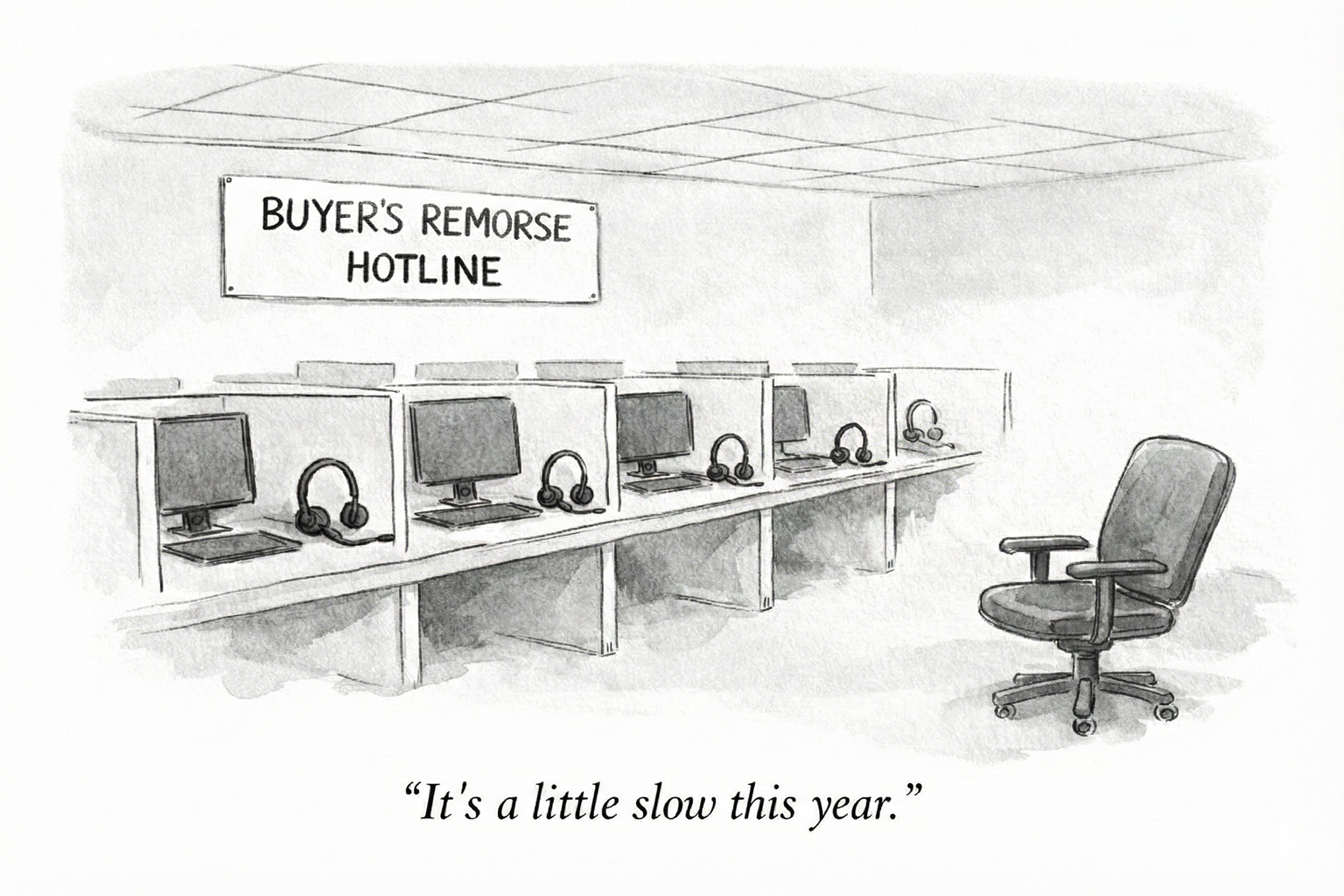Learning in Public

“Who knows himself a braggart, let him fear this, for it will come to pass that every braggart shall be found an ass.” ― William Shakespeare
“Build in public.” Wwwhooo boy. Yaknow, I was raised in the bygone era of working hard and keeping your mouth shut. Let your work speak for itself. But that’s de passe today in hype-era Twitter. Building a cult following hype engine isn’t just a social media strategy now, it’s a go-to-market playbook. Being polarizing online is an art form, and nothing is more divisive than sharing every win in “thinkboi” aphorisms.
Build in public. Pshh. Back in my day, why, we called that bragging. The kids today call it flexing, and it happens so often that a recent study out of NYU (n=300) investigated the behavior of online attention-seekers. They found that narcissists are often misunderstood — their behavior is driven by extreme insecurity. The insecurity leads to ‘flexing’ and that flexing polarizes their audiences. It’s a vicious cycle that can lead to NPD, narcissistic personality disorder.
“For a long time, it was unclear why narcissists engage in unpleasant behaviors, such as self-congratulation, as it actually makes others think less of them,” says the author of the study, Pascal Wallisch, at NYU’s Department of Psychology. “Our work reveals that these narcissists are not grandiose, but rather insecure, and this is how they seem to cope with their insecurities.”
Building in public positions the builder as a center of knowledge, if not just the center of attention. They praise themselves for their ability to build a team, to raise funds, to admit faults, and to make mistakes. This is done under the guise of education — it’s all part of the process to build publicly. But who’s learning these lessons — are they lessons? — and how does one apply it to their own context?
Rather than build why not learn in public? The public builder makes themselves the professor, I rather aspire to be a student. So no “building in public” for me. I’ll let others do that, we have no shortage of them. Instead, I’d like to learn in public. In fact, that’s what we’ve done for over 4 years on the podcast, which just celebrated its 200th episode.
And we here at Future Commerce have been on our own learning journey. The past 4.5 years since founding the podcast has led to amazing personal growth for both Brian and me. We’ve learned about the effect the global fashion industry has on working conditions and its effect on the climate. We’ve learned that consumerism and millennial burnout are intertwined. We’ve seen that retail can be dehumanizing, focusing on the “consumer” instead of the person on the other side of the transaction.
But most importantly, we’ve learned that commerce touches everyone. If we can change commerce, we can change the world.
We celebrate that, and more, in our 200th episode of the podcast. Available to listen to right now wherever podcasts are found. Or right here on Spotify.
Thanks for sticking with us.
— Phillip


Uno goes dark mode. The playing cards from great grandma’s game cabinet got a facelift and now Uno looks like a newly invented card game of the future — which sounds a lot like a contradictory phrase.

Snip snap snip snap. Amazon deprioritizes books. And also Amazon announces it’s testing out book clubs. In the words of Michael Scott - do you have any idea the physical toll it takes??


The Fauci Ouchie. Krispy Kreme is offering free donuts to all vaccinated persons for the remainder of 2021. Get yourself vaxxed, then treat yourself to multiple free plain glazed. Also free: the risk of heart disease.
More food mashups. Spring is here and Peeps are at it again with their newest collab: marshmallow Pepsi in the cutest little mini-sized cans.

Vaccination as a Lifestyle. Local health departments are turning to lifestyle bloggers and Insta-fitness experts to encourage the general population to get vaccinated. They are taking a page from the anti-vaxxer playbook and hoping that the organic, true connection influencers have with their followers will cause those who are still hesitant to take action, since people seem more likely to trust them than the government or science.











.svg)
